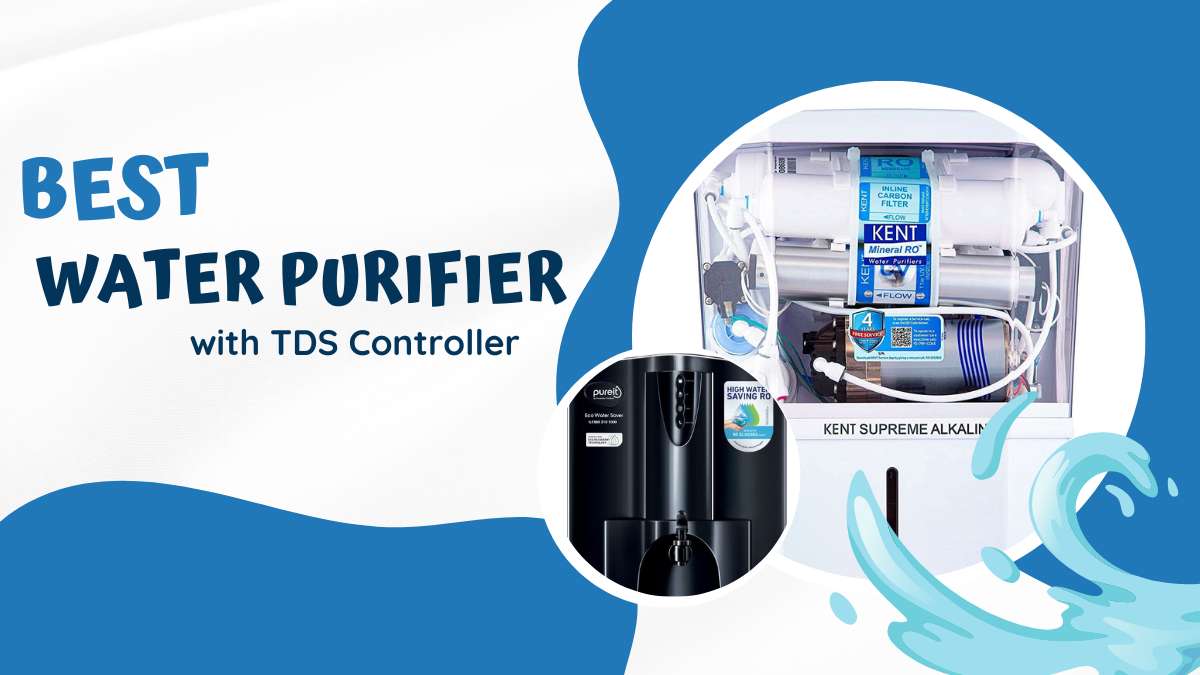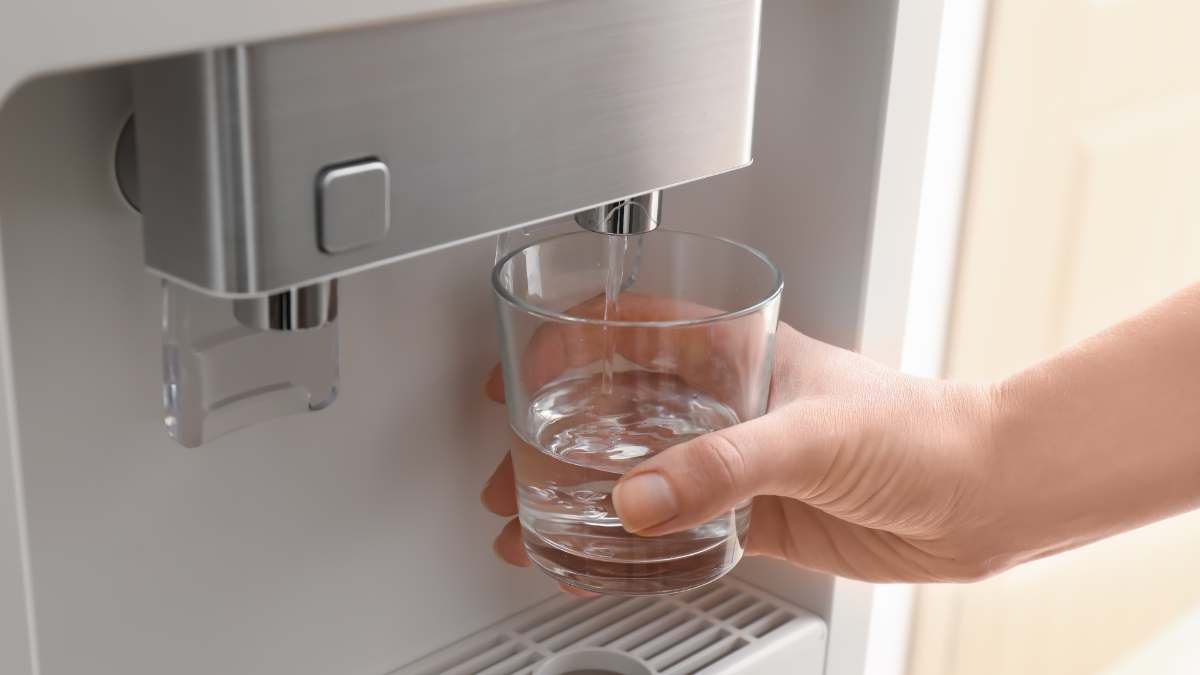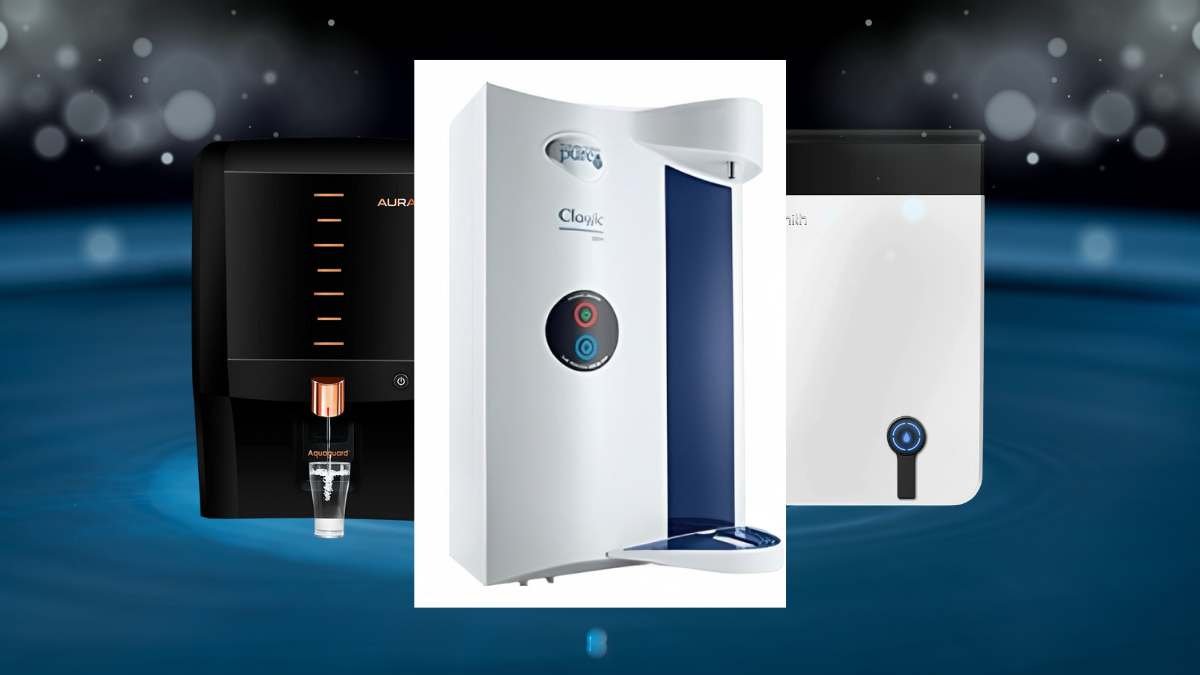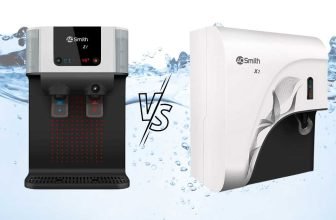
Two popular options in the healthy home water system are alkaline water filters and Copper water filter. The main difference between alkaline and copper water purifiers is the mechanism they use to enhance water quality. Alkaline water purifiers raise the pH level 7 to 8 of water, making it more alkaline, while copper water purifiers infuse water with copper ions, which have antimicrobial properties. Along with there are many key differences are present. Today, in this post, I’m going to show you some of the main differences between each of these methods.
How Alkaline Water Purifiers Work
Alkaline water purifiers work by increasing the pH level around 7-8 of water through a process called electrolysis. This process involves passing water through ion exchange plates that separate water molecules into acidic and alkaline components. The alkaline portion is then dispensed for consumption.
Benefits of Alkaline Water
Alkaline water is believed to provide various health benefits, including:
- Neutralizing excess acidity in the body
- Improving hydration
- Enhancing the immune system
- Supporting weight loss and detoxification
How Copper Water Purifiers Work
Copper water purifiers use the natural properties of copper to purify water. Water is stored in a copper vessel, and the copper ions dissolve into the water, killing harmful microbes and providing essential minerals.
Benefits of Copper Water
Copper-infused water is known for its numerous health benefits, such as:
- Aiding digestion
- Boosting immunity
- Supporting healthy skin
- Promoting heart health
Comparison of Alkaline and Copper Water Purifiers
In case you’re in a hurry! Check the below Alkaline Vs Copper water purifier comparison table and infograph.
| Factors | Alkaline Water Purifier | Copper Water Purifier |
| Water pH | Increases pH to 8-9.5 (alkaline) | No significant change in pH |
| Contaminant Removal | Effective against some impurities | Effective against some microorganisms |
| Health Benefits | Neutralizes acidity, antioxidant properties, improved hydration | Improved digestion, immune system support, better skin health |
| Environmental Impact | Low; uses electricity for ionization | Low; uses natural properties of copper |
| Maintenance | Requires regular filter replacement and maintenance | Requires regular cleaning to prevent tarnish |
| Cost | Can be expensive, with high-end models costing thousands of dollars | Generally more affordable |
| Effectiveness against contaminants | Limited; may not remove all contaminants | Limited; may not remove all contaminants |
| Overconsumption risks | Risk of alkalosis with excessive intake | Risk of copper toxicity with excessive intake |
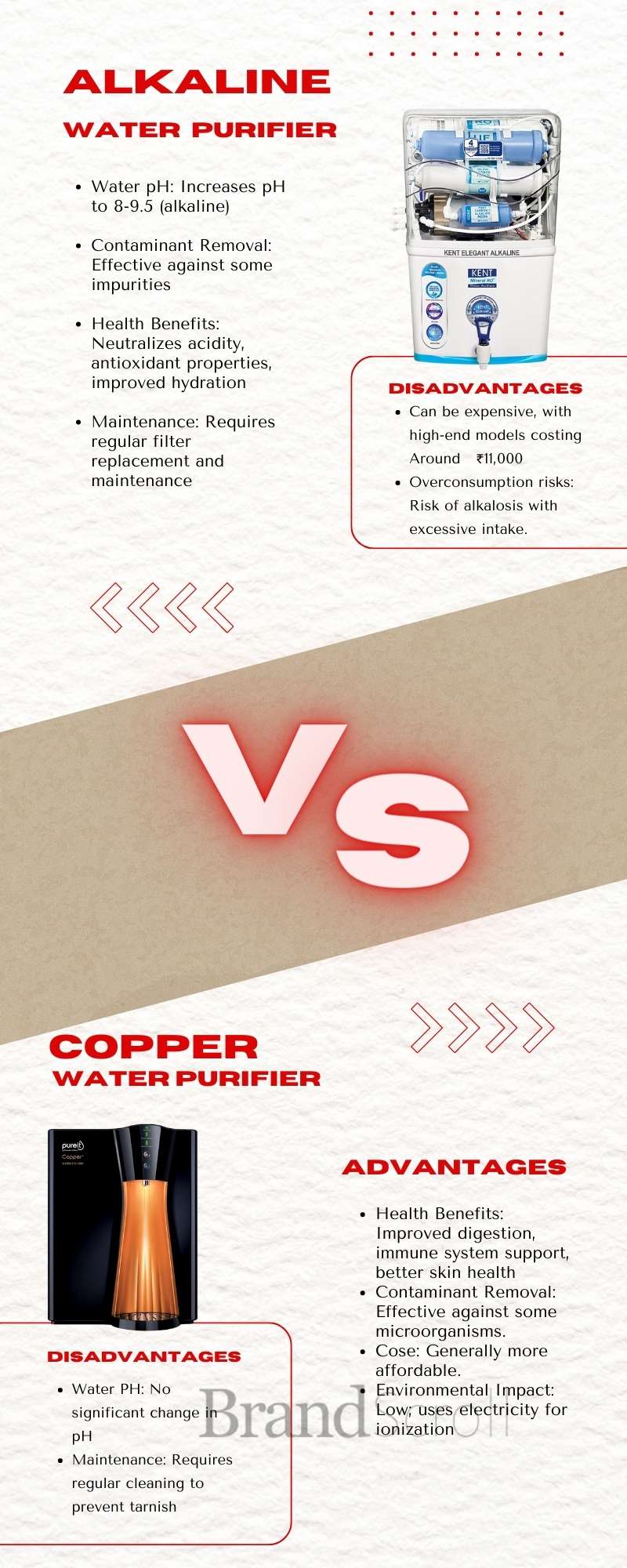
1. Water pH
Alkaline water purifiers increase the pH of water around 7-8, making it more alkaline. Copper water purifiers, on the other hand, do not significantly alter the pH level of water.
2. Antioxidant Properties
Alkaline water has antioxidant properties, which help neutralize free radicals in the body. Copper water does not possess antioxidant properties but provides essential minerals that contribute to overall health.
3. Mineral Content
Alkaline water purifiers do not increase the mineral content of water. Copper water purifiers, however, infuse water with copper ions, which provide essential minerals.
4. Taste
Alkaline water has a slightly sweet taste, while copper-infused water has a mildly metallic taste that some people may find unpalatable.
5. Microbial Growth Prevention
Copper water purifiers are effective in preventing microbial growth, thanks to copper’s antimicrobial properties. Alkaline water purifiers do not inherently prevent microbial growth, although some models may include additional filtration systems that help remove contaminants.
6. Health Benefits
Alkaline water purifiers claim to provide a range of health benefits, such as neutralizing acidity, improving hydration, and enhancing the immune system. Copper water purifiers also offer various health benefits, including aiding digestion, boosting immunity, and supporting heart health. The specific benefits experienced may vary depending on individual needs and preferences.
7. Annual Maintenance Cost
Alkaline water purifiers typically require more maintenance than copper water purifiers, as the ion exchange plates may need regular cleaning and replacement. Copper water purifiers need occasional cleaning and polishing to maintain their effectiveness and aesthetic appeal.
Check the below Alkaline vs Copper water purifier average annual maintenance cost comparison table
| Feature | Alkaline Water Purifier | Copper Water Purifier |
|---|---|---|
| Pre-filter | ₹500 – ₹1,000 | ₹500 – ₹1,000 |
| Sediment filter | ₹300 – ₹800 | ₹300 – ₹800 |
| Carbon filter | ₹500 – ₹1,200 | ₹500 – ₹1,200 |
| RO membrane | ₹500 – ₹2,800 | ₹500 – ₹2,800 |
| Alkaline cartridge/Copper | ₹1,500 – ₹3,000 (Alkaline cartridge) | ₹2,000 – ₹4,000 (Copper cartridge) |
| Post-carbon filter | ₹300 – ₹800 | ₹300 – ₹800 |
| Total Annual Filter | ₹2,500 – ₹6,500 | ₹3,500 – ₹6,500 |
8. Cost
In India 2023, Alkaline water purifiers tend to be more expensive (₹6,500 – ₹28,000) than copper water purifiers (₹ 4,999 – ₹24,000) due to the advanced technology used like RO + UV + UF + MTDS in the purification process. Copper water purifiers are generally more affordable, making them a cost-effective option for many households.
9. Environmental Impact
Alkaline water purifiers require electricity to function, contributing to energy consumption and carbon emissions. Copper water purifiers use a passive purification process that does not require electricity, making them a more environmentally friendly option.
10. Popularity and Demand
Alkaline water purifiers have gained popularity in 10 years ago in India, due to their claimed health benefits and advanced technology. Copper water purifiers have been used for centuries and remain popular for their natural purification process and traditional appeal.
Conclusion
Both alkaline and copper water purifiers have their own unique benefits and drawbacks. Alkaline water purifiers offer a higher pH and antioxidant properties, while copper water purifiers provide essential minerals and antimicrobial benefits. When choosing between these two purification systems, it’s essential to consider factors such as taste preferences, maintenance requirements, cost, and environmental impact.
FAQs
The answer depends on your personal needs and preferences. Alkaline water may be more suitable if you’re seeking higher pH levels and antioxidant properties, while copper water may be a better choice if you prefer natural mineral content and antimicrobial benefits.
Also read,


